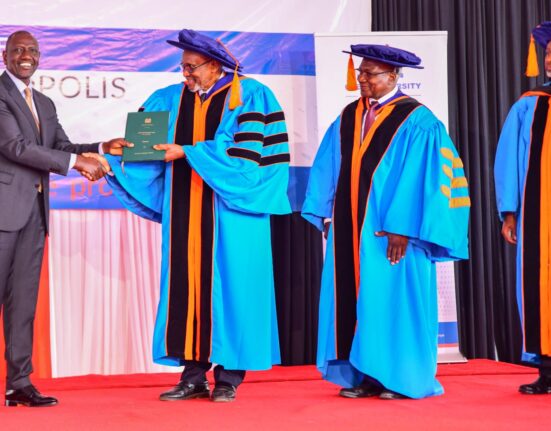📚 Teaching is a noble profession that plays a pivotal role in shaping the minds and futures of individuals. The ability to impart knowledge, inspire curiosity, and foster personal growth is a responsibility that should not be taken lightly. While a passion for teaching and subject matter expertise are essential, they alone are not sufficient to ensure effective education. It is crucial for educators to receive proper training to hone their teaching skills and adopt best practices. Therefore, teaching without training is a recipe for failure and how investing in professional development can transform the teaching experience. 🚀
Real-Life Examples and Virtues to Teach Our Children
👥 Empathy: Encourage children to understand and share the feelings of others. Teach them to show kindness and support, such as comforting a friend who is feeling sad or helping a classmate in need.
💪 Integrity: Instill honesty, trustworthiness, and a strong moral compass. Teach children the importance of doing the right thing, even when it is challenging or goes unnoticed.
🌱 Perseverance: Foster resilience and a growth mindset by teaching children the value of perseverance. Show them real-life examples of individuals who faced obstacles but persisted to achieve their goals.
🌟 Respect: Teach children to value and respect others, regardless of differences in background, culture, or beliefs. Encourage inclusive behaviors and discourage bullying or discrimination.
💡 Curiosity: Nurture children’s natural curiosity and encourage them to ask questions, explore new ideas, and seek knowledge. Foster a love for learning that will stay with them throughout their lives.
🌍 Environmental Responsibility: Instill in children a sense of responsibility towards the environment. Teach them the importance of conserving resources, reducing waste, and protecting nature.
The Importance of Training 🎯
- Understanding Pedagogy 📖: Teaching is more than just delivering information; it involves understanding how individuals learn and tailoring instructional methods accordingly. Training equips educators with pedagogical knowledge, enabling them to create engaging lesson plans, implement effective teaching strategies, and assess student progress. It empowers teachers to employ various techniques, such as active learning, differentiated instruction, and classroom management, to meet the diverse needs of their students. ✨
- Adapting to Changing Times ⏰: The field of education is continuously evolving, influenced by advancements in technology, new research, and changing social dynamics. Training allows teachers to stay updated with these developments and adapt their teaching methods accordingly. It helps them integrate innovative tools and digital resources into their classrooms, fostering interactive and collaborative learning experiences. Furthermore, training provides insights into emerging educational trends, empowering teachers to address contemporary challenges and prepare students for an ever-changing world. 🌍
- Enhancing Communication and Interpersonal Skills 🗣️: Effective teaching involves more than just knowledge transfer; it requires building strong relationships with students and fostering a supportive learning environment. Training equips educators with essential communication and interpersonal skills, enabling them to connect with their students on a deeper level. By developing active listening, empathy, and effective feedback-giving abilities, teachers can better understand their students’ needs, provide appropriate guidance, and create a positive classroom atmosphere conducive to learning. ❤️
- Promoting Inclusive Education 🌈: Every student is unique, with different strengths, weaknesses, and learning styles. Training equips teachers with strategies to cater to diverse learners, including students with special needs or from culturally diverse backgrounds. It helps educators develop inclusive teaching practices, promote equal opportunities, and create an environment that celebrates diversity. Through training, teachers gain the skills to identify and address individual learning gaps, ensuring that no student is left behind. 🌟
Conclusion 🌈
To teach without training is to navigate the educational journey without a compass. It may lead to aimless drifting and missed opportunities for both teachers and students. Educators have a profound responsibility to guide and nurture young minds, and this requires a comprehensive understanding of effective teaching methodologies and ongoing professional development. By investing in training, teachers can acquire the necessary skills, adapt to changing educational landscapes, and provide students with a high-quality education that empowers them for a successful future. Let us remember that to teach without training is to fail in our task, but with proper preparation, we can truly make a difference in the lives of our students. 🎓🌟













Leave feedback about this